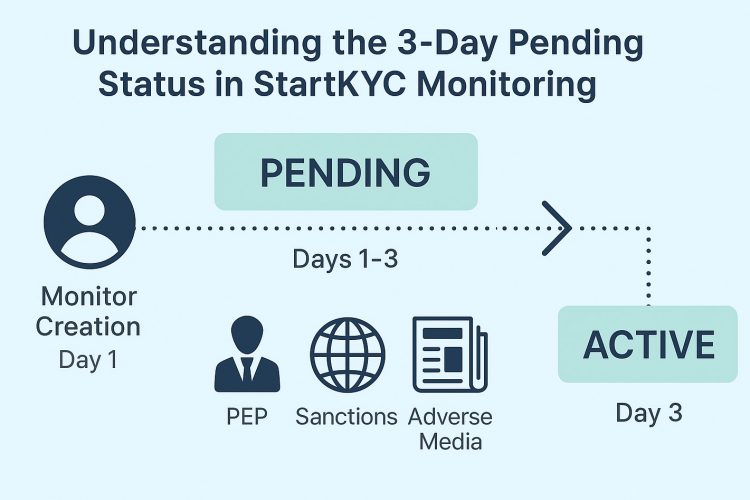Affrontare il rischio di riciclaggio all’interno di un’azienda sembra un compito enorme, soprattutto se si considera che le regole antiriciclaggio cambiano continuamente e il quadro normativo si aggiorna di anno in anno. Eppure non tutti sanno che la semplice compilazione di una matrice di rischio può evitare multe salatissime e proteggere la reputazione aziendale. Ecco […]


